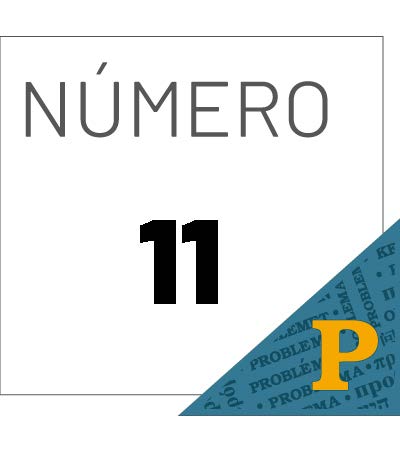Originalism’s Curiously Triumphant Death: the Interpenetration of Aspirationalism and Historicism in U. S. Constitutional Development
One of the central debates amongst U. S. constitutional theorists for more than a generation has been between (conservative) ‘originalists’ arguing that, in interpreting and applying the Constitution, judges are duty bound to adhere to the original understandings at the time of the Constitution’s adoption and (liberal/progressive) ‘living constitutionalists’ arguing rather that, when appropriate, judges should read the Constitution in light of contemporary needs and moral aspirations. While acknowledging the significance and legitimacy of the originalist call for fidelity to history and newly incorporating elements of their arguments into his theory, Fleming, in Fidelity to Our Imperfect Constitution, re-affirms moral aspirationalism as the ultimate foundation of the interpretive project. I argue here, as against Fleming, that the opposition that he (and other American constitutional theorists) have drawn between originalism’s historicism and living constitutionalism’s moral aspirationalism is a false binary – the contingent product of a developmental succession of political battles between American conservatives and progressive/liberals over the course of the twentieth century. I argue here, contra Fleming, that in both theory and practice, in the U. S. at least, history and moral aspiration are and have always been inextricably intertwined —inseparable— and that, going forward, U. S. constitutional historians and theorists would do better by forthrightly acknowledging and accounting for this fact, and dynamic.
Detalles del artículo
Uso de licencias Creative Commons (CC)
Todos los textos publicados por Problema. Anuario de Filosofía y Teoría del Derecho sin excepción, se distribuyen amparados con la licencia CC BY-NC 4.0 Internacional, que permite a terceros utilizar lo publicado, siempre que mencionen la autoría del trabajo y la primera publicación en esta revista. No se permite utilizar el material con fines comerciales.
Derechos de autoras o autores
De acuerdo con la legislación vigente de derechos de autor Problema. Anuario de Filosofía y Teoría del Derecho reconoce y respeta el derecho moral de las autoras o autores, así como la titularidad del derecho patrimonial, el cual será transferido —de forma no exclusiva— a Problema para permitir su difusión legal en acceso abierto.
Autoras o autores pueden realizar otros acuerdos contractuales independientes y adicionales para la distribución no exclusiva de la versión del artículo publicado en Problema. Anuario de Filosofía y Teoría del Derecho (por ejemplo, incluirlo en un repositorio institucional o darlo a conocer en otros medios en papel o electrónicos), siempre que se indique clara y explícitamente que el trabajo se publicó por primera vez en Problema.
Para todo lo anterior, deben remitir la carta de transmisión de derechos patrimoniales de la primera publicación, debidamente requisitada y firmada por las autoras o autores. Este formato debe ser remitido en PDF a través de la plataforma OJS.
Derechos de lectoras o lectores
Con base en los principios de acceso abierto las lectoras o lectores de la revista tienen derecho a la libre lectura, impresión y distribución de los contenidos de Problema por cualquier medio, de manera inmediata a la publicación en línea de los contenidos. El único requisito para esto es que siempre se indique clara y explícitamente que el trabajo se publicó por primera vez en Problema. Anuario de Filosofía y Teoría del Derecho y se cite de manera correcta la fuente incluyendo el DOI correspondiente.




























